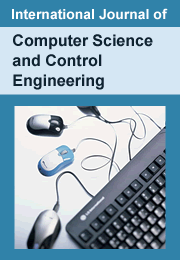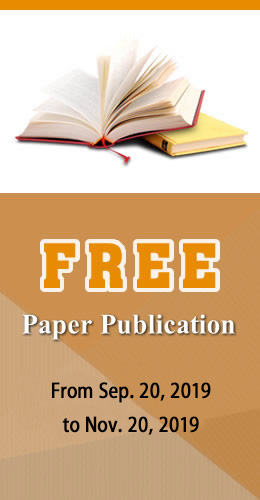







1. Results reported have not been published elsewhere.
2. Experiments, statistics, and other analyses are performed to a high technical standard and are described in sufficient detail.
3. The manuscript is presented in an intelligible fashion and is written in standard English.
4. The research meets all applicable standards for the ethics of experimentation and research integrity.
5. Conclusions are presented in an appropriate fashion and are supported by the data.
6. The manuscript adheres to appropriate reporting guidelines and community standards for data availability.
To expand on each of these criteria:
1. Have the results reported been published elsewhere?
Open Science does not accept for publication work that has already been published elsewhere. However, studies that replicate results that are already in the literature may be considered for publication in Open Science, as the independent confirmation of results can often be valuable, as can the presentation of a new dataset (for example, a new clinical trial).
2. Are the experiments, statistics, and other analyses performed to a high technical standard and are described in sufficient detail?
The research must have been performed to a technical standard high enough to allow robust conclusions to be drawn from the data. Methods and reagents must also be described in sufficient detail so that another researcher is able to reproduce the experiments described.
3. Is the manuscript presented in an intelligible fashion and written in English?
Open Science does only minor English editing in the text of accepted manuscripts; it is therefore important for the work, as presented, to be intelligible. Perfect, stylish English is not essential but the language must be clear and unambiguous. If the language of a paper is poor, Reviewers should recommend that authors seek independent editorial help before submission of a revision. Poor presentation and language is a justifiable reason for rejection.
4. Does the research meet all applicable standards with regard to the ethics of experimentation and research integrity?
Research published in Open Science must have been conducted to the highest ethical standards.
5. Are the conclusions presented in an appropriate fashion with speculations and hypotheses identified as such?
The results must be interpreted appropriately, such that all conclusions are justified. However, authors may discuss possible explanations for their results as long as these are clearly identified as speculations or hypotheses, rather than as firm conclusions. Inappropriate interpretation of results is a justifiable reason for rejection.

Open Science tries its best to provide all authors with an efficient and "hassle-free" editorial process. Our aim is to identify those submissions that warrant inclusion in the scientific record and present them to the scientific community with as few hurdles as possible.
The editorial process is run by every journal's editorial board members who orchestrate the peer-review process. Reviewers evaluate the paper and decide whether it describes a body of work that meets the editorial criteria of Open Science. Editorial board members can employ a variety of methods, alone or in combination, to reach a decision in which they are confident:
1. They can conduct the peer review themselves, based on their own knowledge and experience
2. They can take further advice through discussion with other members of the editorial board
3. They can solicit reports from further referees
After appropriate consideration by the editorial board members, a decision letter to the author is drafted. There are several types of decisions possible:
1. Accept in principle
2. Minor revision
3. Major revision
4. Reject
Upon acceptance, the manuscript is checked by Open Science staff to ensure that it is in a form that will allow it to be efficiently handled by our production system. The authors will be queried and allowed to make any final minor revisions that are needed in the galley proofs.







If you feel you might have difficulty in writing an objective review, please return the paper immediately, unreviewed. If your previous or present connection with the author(s) or an author's institution might be construed as creating a conflict of interest, but no actual conflict exists, please discuss this issue in your confidential comments to the editor. If in doubt, feel free to contact the Subject-matter Editor who requested your review.
When submitting a review, a reviewer must indicate whether or not he has any competing interests. On occasion, reviewers may be asked to offer their opinion on a manuscript that they may have reviewed for some other journal.


